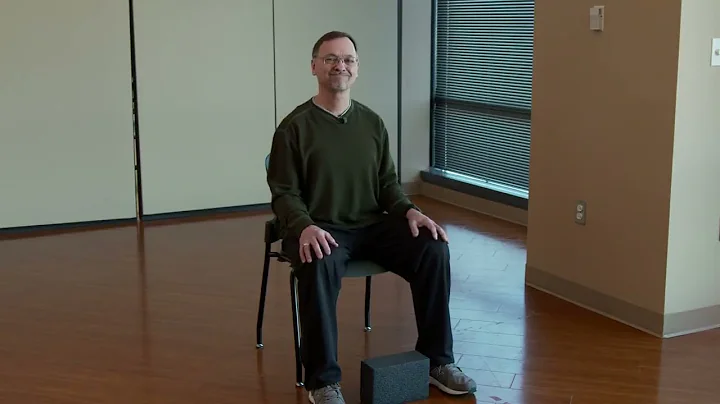
Previous research has described how virtual training can produce acute cognitive and neurological benefits. Based on these results, a new study suggests that similar virtual training can also reduce psychosocial stress and anxiety.
Researchers at Northeastern University’s Intelligent Aging Research Center (IDAC) published their findings on International Journal of Environmental Research and Public Health on May 23, 2022.
Physical exercise is good for our overall health. But for some people, such as those with neurological conditions, cardiovascular disease, and hospitalized patients, physical activity is not feasible or even too dangerous. However, similar effects may be achieved using immersive virtual reality (IVR).

Although IVR was originally designed for entertainment, it has attracted academic interest for its potential use for clinical purposes, as it allows users to experience virtual worlds through a virtual body.
In the researchers' previous studies, they found that observing a moving virtual body from a first-person perspective caused physiological changes. Heart rate increased/decreased consistently with virtual movement, even when young participants remained stationary. As a result, acute cognitive and neurological benefits emerged, just like after real physical activity.
In a follow-up study, the same benefits were found in healthy older subjects after 20-minute sessions twice a week for six weeks.
In the current study, the researchers explored the impact on stress, adding another layer to the beneficial effects of virtual training. Young, healthy subjects experienced virtual training presented from a first-person perspective while sitting quietly, creating the illusion of ownership of the movements. The

incarnation ran at 6.4 km/h for 30 minutes. Before and after virtual training, the researchers induced and assessed psychosocial stress responses by measuring salivary alpha-amylase—a key biomarker indicative of neuroendocrine stress levels. Likewise, they distributed a subjective anxiety questionnaire.
The results showed that psychosocial stress responses were reduced and anxiety levels were reduced after virtual training, comparable to what occurs after actual exercise.
" Psychosocial stress represents the stress experienced in frequent social situations, such as social judgment, rejection and when our performance is evaluated," said Professor Dalila Burin, who developed the study. "While moderate exposure to stress can be beneficial, repeated and increased exposure can be harmful to our health. This kind of virtual training represents a new frontier, especially in countries like Japan, where high-performance demands and Aging population





















